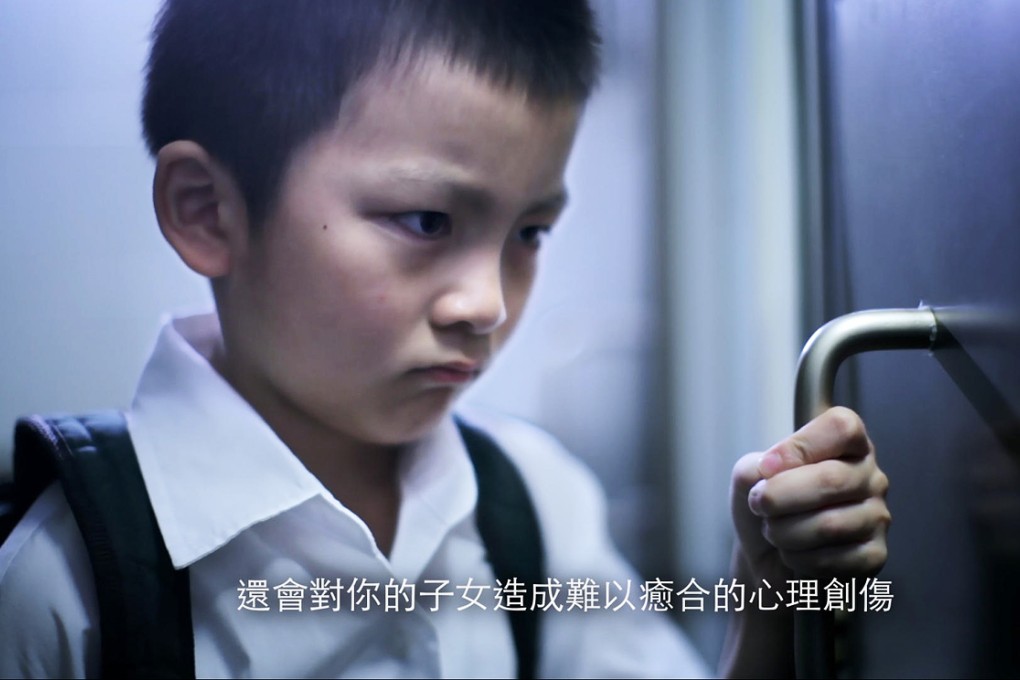Children who see domestic violence often perpetuate the cycle: experts
Children who witness abuse in the home often grow up to perpetuate the cycle of violence, say social workers and people they have helped

Ah Lai grew up seeing her father regularly beating her mother after his bouts of gambling. It made her vow never to let a man lay a hand on her. If there was to be violence she would be the one to inflict it.
"I felt like I needed to beat [my husband] to death to deal with my hate," recalled Ah Lai, not her real name.
The worst fights happened in the years up to 2010, when the 38-year-old's relationship with her civil servant husband hit problems.
"In my life experience, violence was used to deal with everything and so it was what I automatically resorted to," she recalls.
The clashes left the couple bloodied and bruised, their home smashed up and their daughter scared stiff. Eventually, the family was put in touch with the Social Welfare Department's batterer intervention programme.
Ultimately it was concern for her daughter that led Ah Lai to open up and seek help.